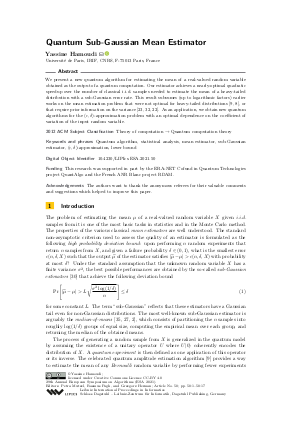LIPIcs.ESA.2021.50.pdf
- Filesize: 0.76 MB
- 17 pages

 Creative Commons Attribution 4.0 International license
Creative Commons Attribution 4.0 International license




































Feedback for Dagstuhl Publishing